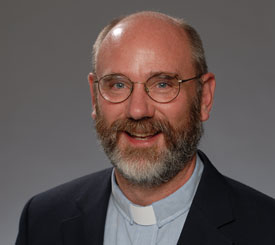Is God Perfect? Does that Matter? Peter Leithart Workshop
On February 15, Rev. Dr. Peter Leithart joined the Center for Hebraic Thought and a group of about 20 professors, church-goers, and students for an all-day workshop on the question of whether God is perfect.
Session 1: The primacy of Scripture in thinking about the attributes of God.
In this session, Dr. Leithart discusses how we can understand the kind of being that God is. Many theologians and philosophers draw on a tradition of Perfect Being theology, which has a tendency to create metaphysical systems that pigeonhole, suppress, or distort what the biblical authors are saying. Dr. Letihart works out one example of this in the question of whether God has passions or whether Scripture depicts him as having emotions in order to accommodate himself to our limited faculties.
Shownotes
- 1:10 Perfect Being Theology and great-making properties
- 6:30 The importance of God’s actions and achievements
- 11:22 Defining metaphysics
- 16:00 Does God have passions?
- 22:07 “God as he reveals himself versus God as he is”
Session 2: Dr. Leithart discusses the idea of “deflating metaphysics” a bit in order to see how the biblical authors describe God.
In this session, Dr. Leithart discusses the role of metaphor in the metaphysics of Scripture. As opposed to understanding God in purely abstract terms, Scripture wields analogical reasoning and establishes the character of God in direct relationship to his creation and his people. Dr. Leithart carries this analysis into case studies of God’s perfection, blamelessness, and the analogical notion of God as light.
- 0:54 What does it mean to say that God is good?
- 7:20 Metaphor and Metaphysics
- 18:00 God as perfect in Scripture—Deuteronomy 32 and the Sermon on the Mount
- 27:55 Tamiym, blamelessness, and God’s relationship to creation
- 31:15 God as light
If you’re interested in the public lecture that preceded and set the groundwork for this workshop, you can listen to it here!
More of Dr. Leithart’s work can be found at the Theopolis Institute.
Credits for the music used in the CHT podcast can be found at: hebraicthought.org/credits





